Benefits of Using a Vibration Board During Therapy Sessions

By Nicole Crisan, PT, DPT A vibration board uses whole body vibration that can be set to different frequencies depending on the child’s needs and goals. It can be used as an additional tool that can be integrated during a therapy session as it provides many benefits, ranging from improving balance, motor control, coordination mobility, […]
Music and Speech Therapy
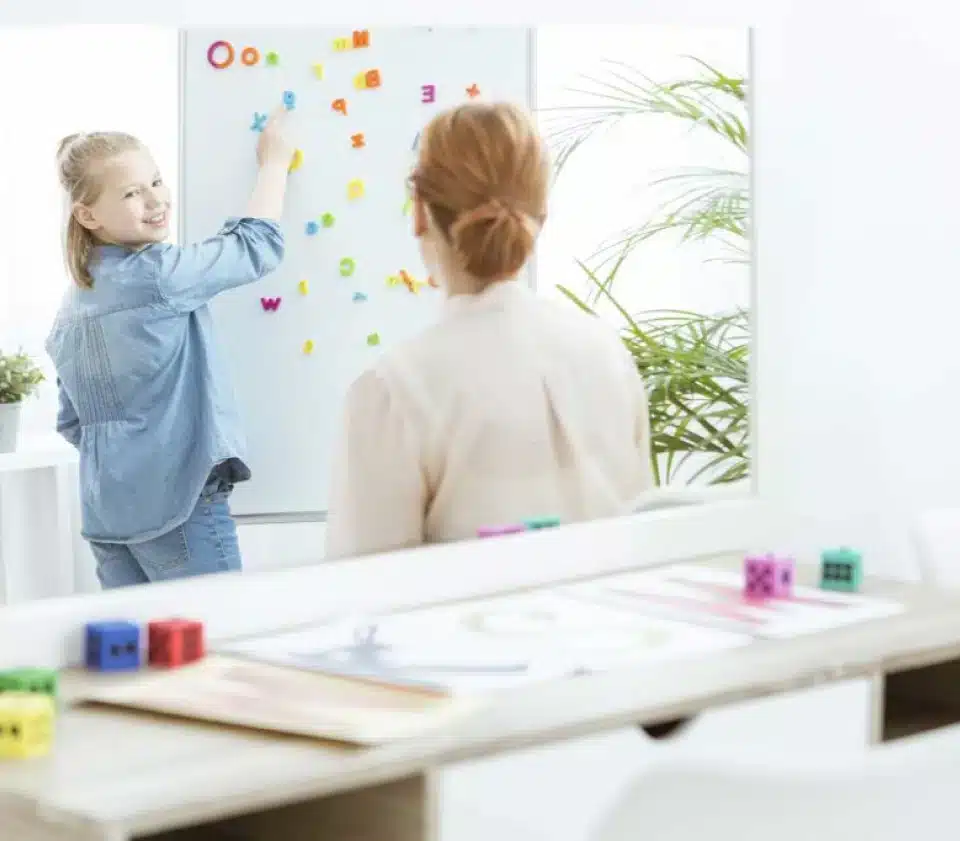
By Pranali Shah MS, CF-SLP Music can be an extremely beneficial treatment for speech therapy. Music activates all areas of the brain simultaneously. For children, music can promote language development, improve speech production, improve memory and spatial-temporal learning. According to the American Music Therapy Association: “Music therapy is an evidence-based, allied health profession that uses […]
Sitting!

By Francesca Resurreccion PT, DPT Are you curious about when to expect your baby to sit and how to help them sit independently? Let’s talk about it! Let’s start with the different types of sitting positions. Supported sitting—this can be done as early as three months old for short bouts to improve head control. This […]
Understanding Cochlear Implants: A Guide for Parents
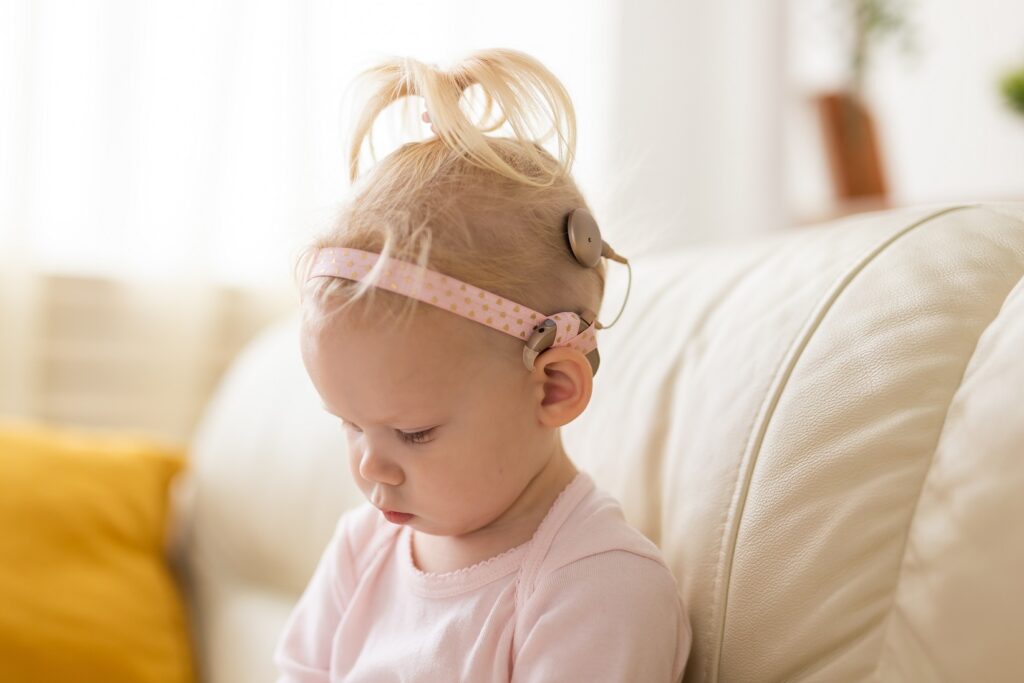
By Rouzan Dishoian, MS, CCC-SLP Navigating the world of hearing loss in children can be overwhelming for parents. One solution that has revolutionized hearing restoration is the cochlear implant. This advanced technology can significantly improve the quality of life for children with severe to profound hearing loss. Here’s what you need to know. What is […]
Toe Walking in Children: Insights from a Pediatric Physical Therapist
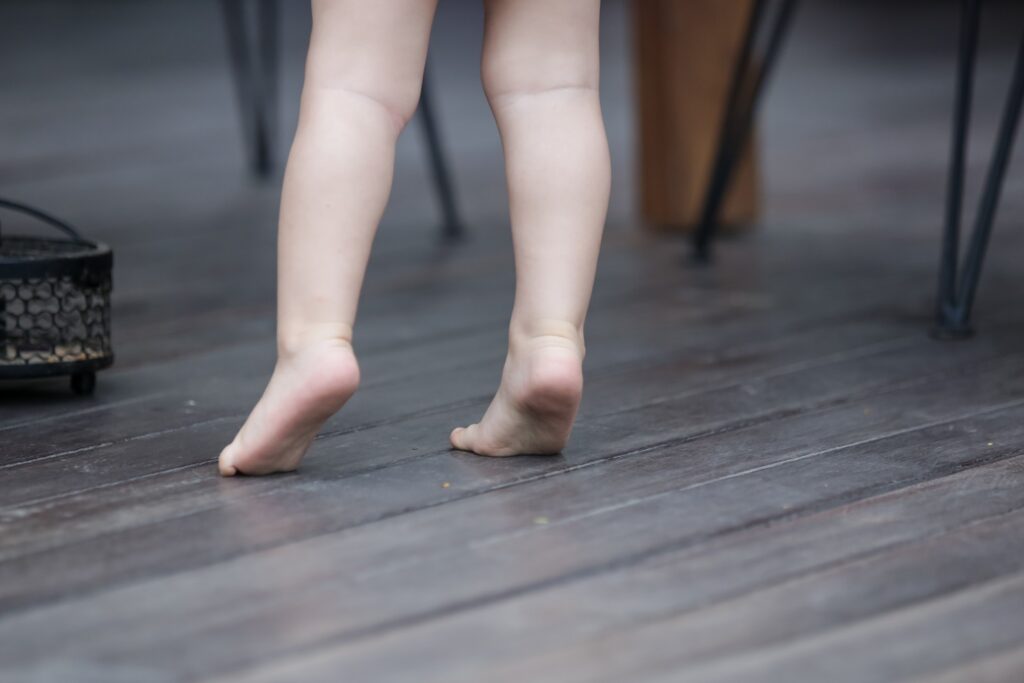
By Francesca Resurreccion PT, DPT What is Toe Walking? Toe walking is exactly what it sounds like: walking on the toes with minimal or no contact with the ground by the heel. While it’s common for infants and toddlers to toe walk occasionally during early exploration of movement patterns, most children transition to a heel-to-toe […]
Dressing Skills
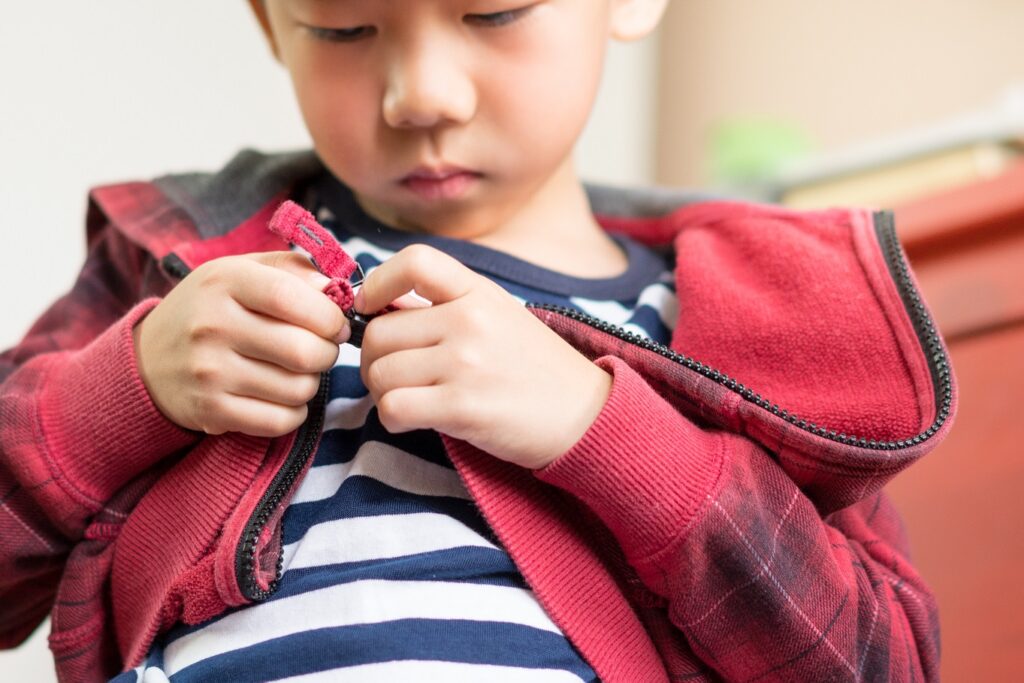
By Christina Martinez MA, OTR/L Learning how to dress/undress yourself is an important self-care skill that we all can learn. It might be hard to tell if your little one is ready to start learning how to become more independent in dressing because there are so many factors involved in dressing. Here are some tips […]
Autism Spectrum Disorder and Speech Therapy
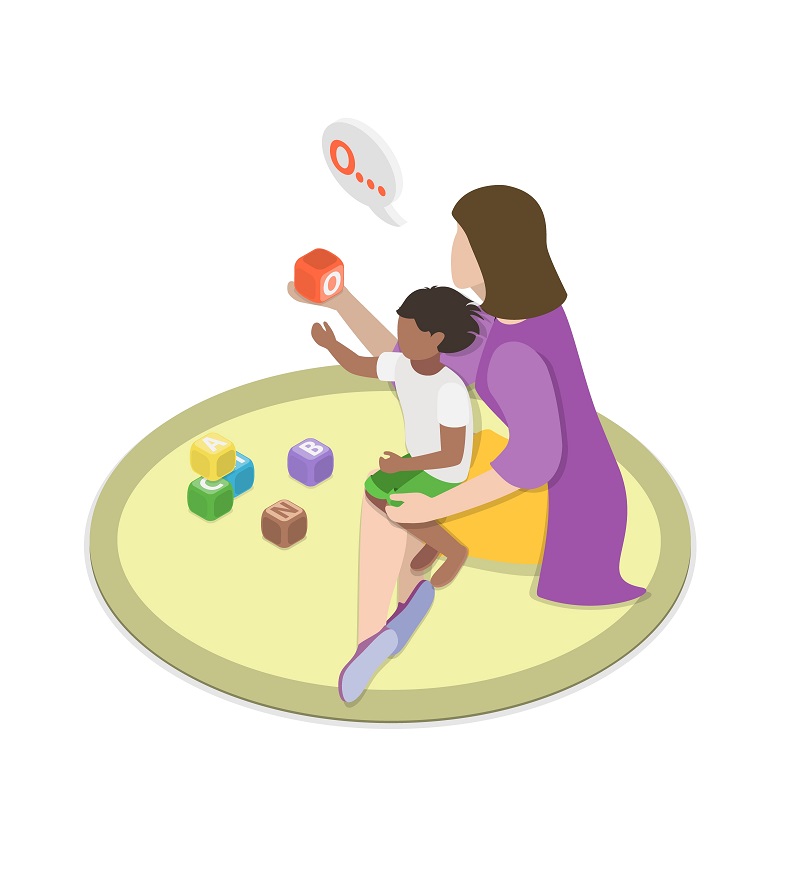
By: Pranali Shah, MS, CF-SLP Introduction Autism Spectrum Disorder (ASD) is a complex neurodevelopmental condition that affects communication, behavior, and social interaction. It is called a spectrum disorder because it encompasses a wide range of symptoms, skills, and levels of impairment. People with ASD may experience challenges in social communication, such as difficulty with understanding […]
What is Childhood Apraxia of Speech (CAS)?
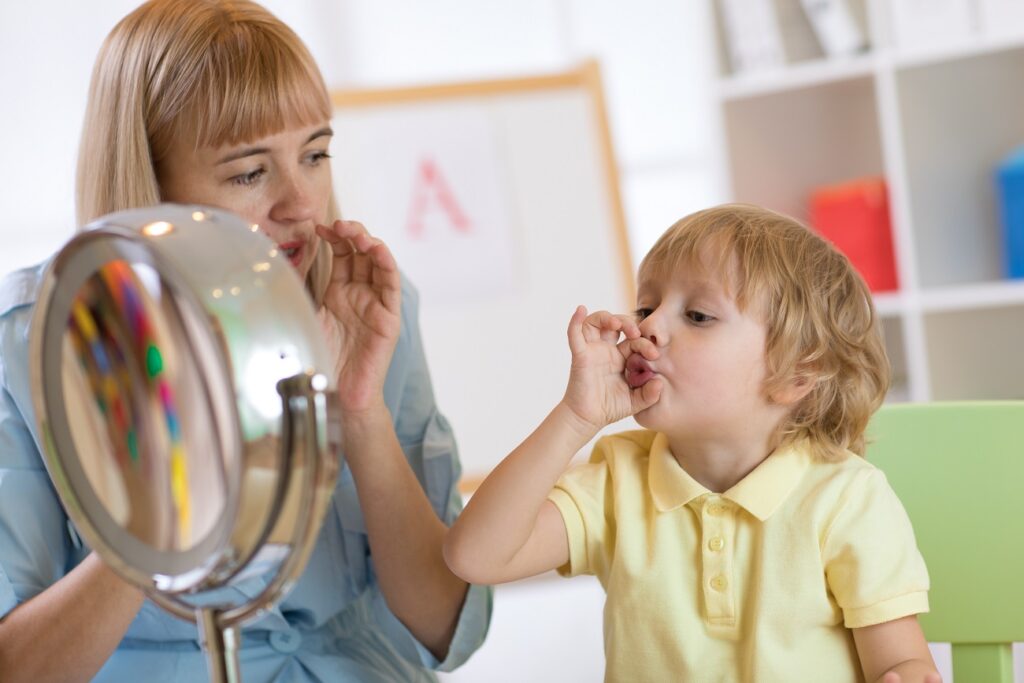
By: Madison Gwizdalski MS, CCC-SLP May is Apraxia Awareness Month and we would like to use it to bring awareness of childhood apraxia of speech to families, including what resources there are if your child gets this diagnosis! Here are some common questions and misconceptions that hear regarding Childhood Apraxia of Speech (CAS): What is […]
Understanding Your Child’s Language Development Journey

By: Rena Mkhitaryan, MS CCC-SLP Language development is an integral and natural aspect of your child’s growth. Just as each child has a unique personality, their path to language mastery may also vary. Some children adopt a Gestalt Language Processing (GLP) approach, where they absorb and use language in large, meaningful chunks. Others may demonstrate […]
Rolling

By: Nicole Crisan, PT, DPT Floor play time is an integral part of development and is one of the first ways a baby learns to explore their environment. Rolling is one of the first independent movements a baby can make. Typically, babies start to roll from their tummy to their back and vice versa between […]